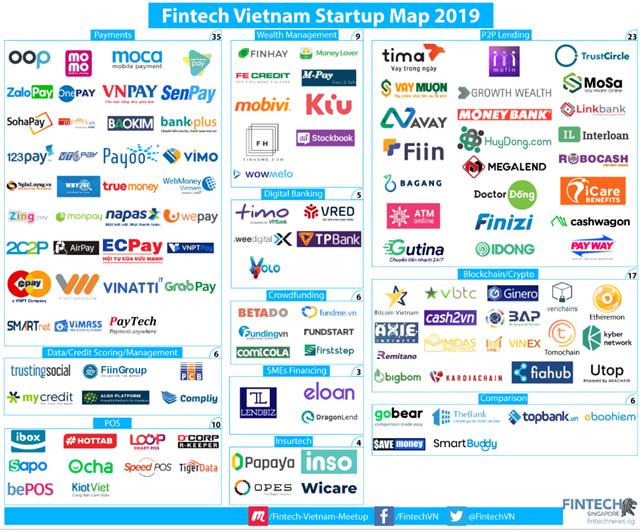Vietnam plans to launch regulatory sandbox for fintech
Vietnam plans to launch regulatory sandbox for fintech
The State Bank of Vietnam (SBV) is mulling over a pilot regulatory sandbox for fintech – particularly fintech companies providing banking services from 2021.
The central bank said that a regulatory sandbox would be suitable before the issuance of an official legal framework.
The decree is expected to be submitted to the government for approval this month.
The seven fintech sectors that would participate in the sandbox are payment, credit, peer-to-peer lending (P2P), customer identification support, open application programming interface (open API), tech-based solutions, and other banking support services, according to the draft decree which the central bank made public for comment this week.
Ngo Van Duc, deputy head of the Payment Systems Oversight Division at the SBV told VIR that fintech has so far developed to help provide locals with increased access to banking and financial services such as payments, crowdfunding, personal finance, P2P lending, blockchain, data management, and point-of-sale management.
Vietnam is now home to 150 fintech firms, rising from 40 in 2016. Of them, 34 operate in payment, 40 in P2P lending while others provided banking support services without directly collecting fees from end-users.

Vietnam has a vibrant fintech startup ecosystem
|
Specifically, more than 80 per cent of fintech companies in Vietnam have developed their businesses correlated with banks.
The central bank cautioned that the lack of legal framework can bring about a variety of risks, such as financial exclusion, security and data breach, money laundering, and financing of terrorism, or high intermediary fees.
United Overseas Bank’s report cited that Vietnam received investment inflows worth $400 million into fintech last year, which made up 36 per cent of the total investment in the sector in the ASEAN and ranked second in the region, only after Singapore.
Additionally, promoting non-cash payments is a priority for the Vietnamese government, with the ambition that cashless transactions exceed one-third of all transactions nationwide in the coming months.
VIR also reported that the lack of a legal framework could hinder the blossoming of fintech firms and startups. Ride-hailing firms Uber and Grab are perfect examples of this. Uber withdrew from Vietnam after four years, while Grab is facing legal challenges from Decree No.86/2014/ND-CP issued in 2014 on business conditions for transportation businesses.
It is necessary for Vietnam to have a legal framework for the operation of fintech companies amid Industry 4.0 and the country’s rapid international integration, the central bank said, adding that if the management agency was not active in monitoring the development of fintech from the early stage, out-of-control development might pose threats to financial and banking stability, according to local newswire Vietnam News Agency.

A regulatory sandbox would go a long way towards improving security in fintech
|
“Developing a regulatory sandbox for fintech is an urgent need in Industry 4.0, especially in the short term when the country is not able to build a general legal framework to meet market demands, and to prevent possible risks, tax losses, and illegal activities,” Duc said.
The SBV planned to allow banks and fintech companies to participate in the sandbox from next year, for a period of around one or two years.
The pilot scheme is expected to help clarify questions and hopefully alley fintech companies’ concerns. It is also a boon for businesses to get input on their products thanks to insightful suggestions.























